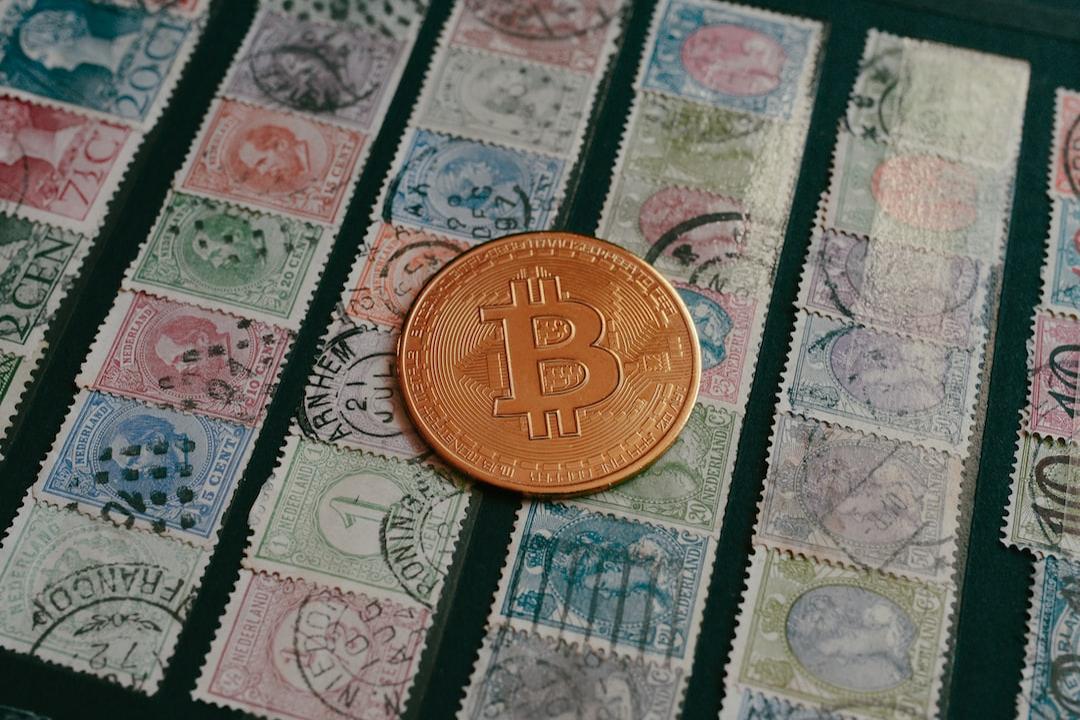The United States Attorney’s Office in Chicago, Illinois, has made a significant breakthrough in the fight against fraud. On March 12, they successfully seized approximately $1.4 million dollars in Tether (USDT), a popular cryptocurrency. These funds were suspected to be proceeds from a customer support scam.
The recovery efforts were led by two prominent law enforcement agencies, the Department of Justice (DOJ) and the Federal Bureau of Investigation (FBI). Interestingly, Tether played a crucial role in this operation, offering their assistance to the authorities.
According to a press release from Tether, the stolen funds were part of a customer support scam that predominantly targeted elderly individuals. The victims were lured in through a deceptive pop-up ad on their computers. This ad claimed that the victim’s computer had been compromised and provided a fake customer support number to call.
Once the victims made contact, they were informed that their bank accounts had also been compromised. They were then transferred to another scammer posing as a support agent. The victims were instructed to transfer their bank funds to USDT in order to protect their assets. Tragically, this only resulted in the victims losing control of their tokens, with any further contact with the fraudsters being severed.
This seizure is particularly noteworthy because it is one of the first instances where the U.S. has managed to recover USDT from an unhosted digital currency wallet. The investigation into this case is ongoing, and it remains unclear how exactly the funds were recovered. However, an affidavit filed on January 24 suggests that law enforcement agents were able to trace the funds to five distinct wallets.
The document further reveals that these suspected wallets contained assets that were “traceable to proceeds of a wire fraud scheme involving financial fraud and were transferred in relatively small batches of currency through a series of intermediary addresses for no discernible purpose, very probably in an effort to launder the proceeds.”
This successful operation serves as a reminder of the commitment of the U.S. authorities to combat fraud and protect innocent individuals from falling victim to scams.

